|
Last month in my newsletter The Necronoppicon, I broke the news of my exciting special offer for new (and many existing) Patreon supporters - the chance to receive one unique paper proof page from the edit cycle of my novel The Last Days Of Jack Sparks - complete with my original red-pen edits!
Each of these pages is a one-of-a-kind item and will be a really cool thing to fold in half and tuck inside your copy of the novel. This week, as you can see from the above pic, the window of opportunity has narrowed. The deadline is midday BST on Thursday May 5! Less than 48 hours away, as I write. Here's how it works. Everyone who is supporting me at Patreon at the Oh Dear God, What's That At The Window? tier or above, at 12pm BST on May 5, will then receive their proof page through the mail. I'll even get 'Jack Sparks' to sign the back of the page too. Fancy it? Check out the Oh Dear God, Who's That At The Window tier on Patreon via this link. Once you sign up, obviously I'm hoping you'll love the community and the archive of exclusive material so much that you'll want to hang around. Equally, however, you will be absolutely free to edit your pledge down or cancel altogether. Patreon only runs from month to month. There is no contract! Here are some of the other perks you'll receive when you sign up. These include: ♥ A personal thank you video from me and sent to you as an unlisted YouTube video, for your eyes only (unless you want to show it to friends) ♥ A thank you postcard, 12 months after you sign up ♥ Getting an onscreen thanks in future videos on my YouTube channels Jason Arnopp's Terrifying House Of Obsession and Possessed By Metal ♥ Access to the patrons-only archive, with exclusive video content, exclusive PDFs and my rare short story The Nothing Men ♥ Instant access to the community feed, full of lovely people! ♥ All my patrons get listed by name on my website! Some of these also get thanked by name in my newsletter. See you soon maybe? Check out my Patreon page here. Who do you support on Patreon - and why? Tell me in comments. Also feel free to ask any questions you might have about my Patreon special offer. Want to ask privately? Send me a private message via this site.
0 Comments
Happy Halloween! I've just unveiled my most ambitious YouTube video yet.
This 24-minute video-diary documentary sets out to show you:
Take a look, hit Like if you like it, and please share to any aspiring authors you know!
|
Hello!I'm a writer of stuff for the worlds of Doctor Who, Black Mirror and Friday The 13th. Get my book American Hoarder free when you subscribe to my monthly newsletter!
FIND ME AT...
Skool Patreon Ko-Fi Retro Scary YouTube Metal YouTube Instagram author Instagram metal Etsy shop Goodreads Publisher Rocket is one of the coolest pieces of software for authors I've seen. Amazing for finding the best Amazon keywords, categories and ads for your books! Click the above banner for more info (affiliate).
If you're a fellow YouTube creator, I recommend you join me in using the very handy app TubeBuddy. Check it out for free, then use my coupon code ARNOPPBUDDY to get 20% off a subscription! (affiliate)
Archives
March 2024
Categories
All
|
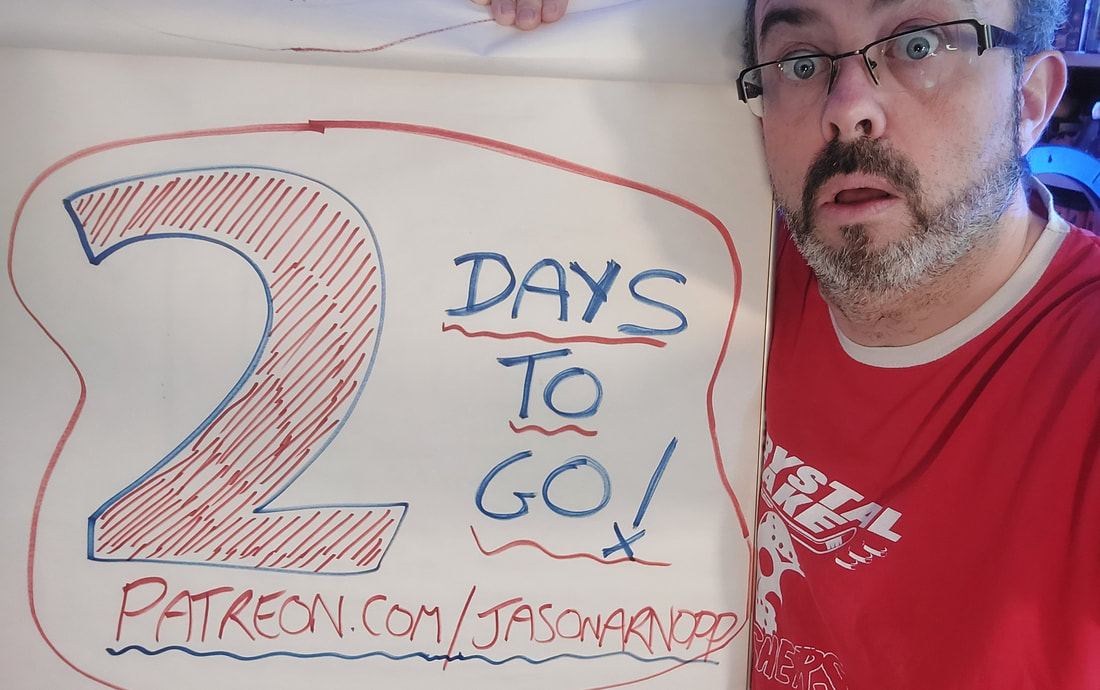


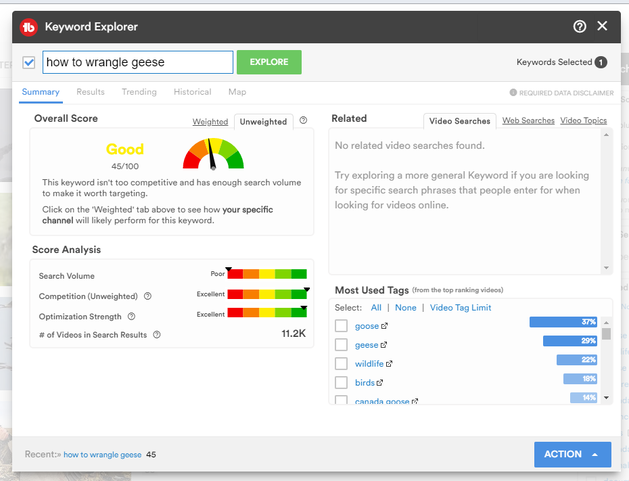
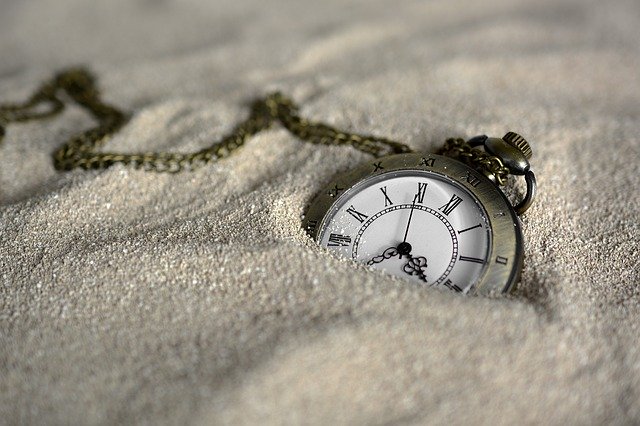


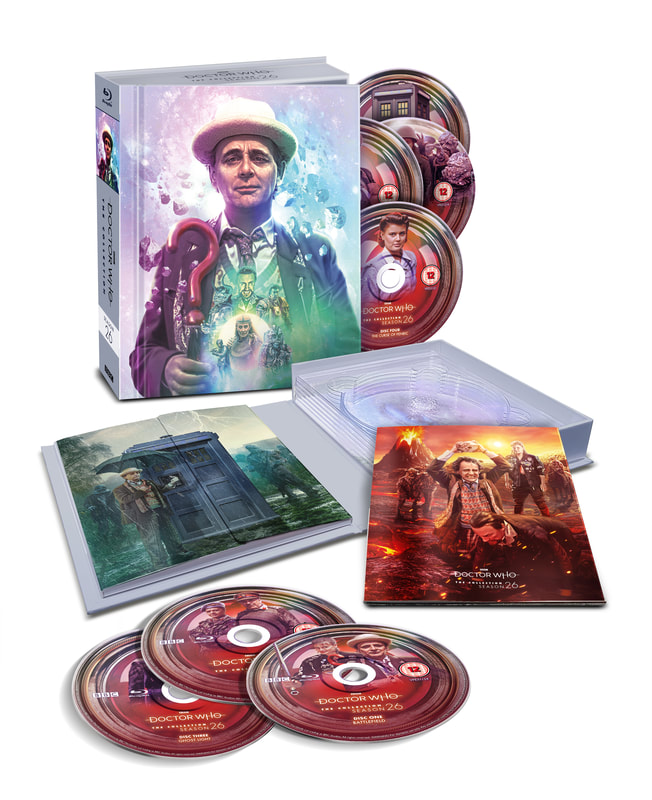
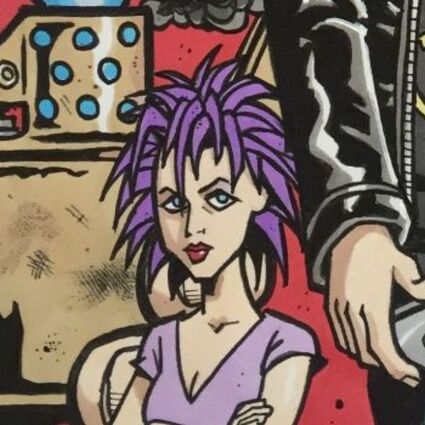

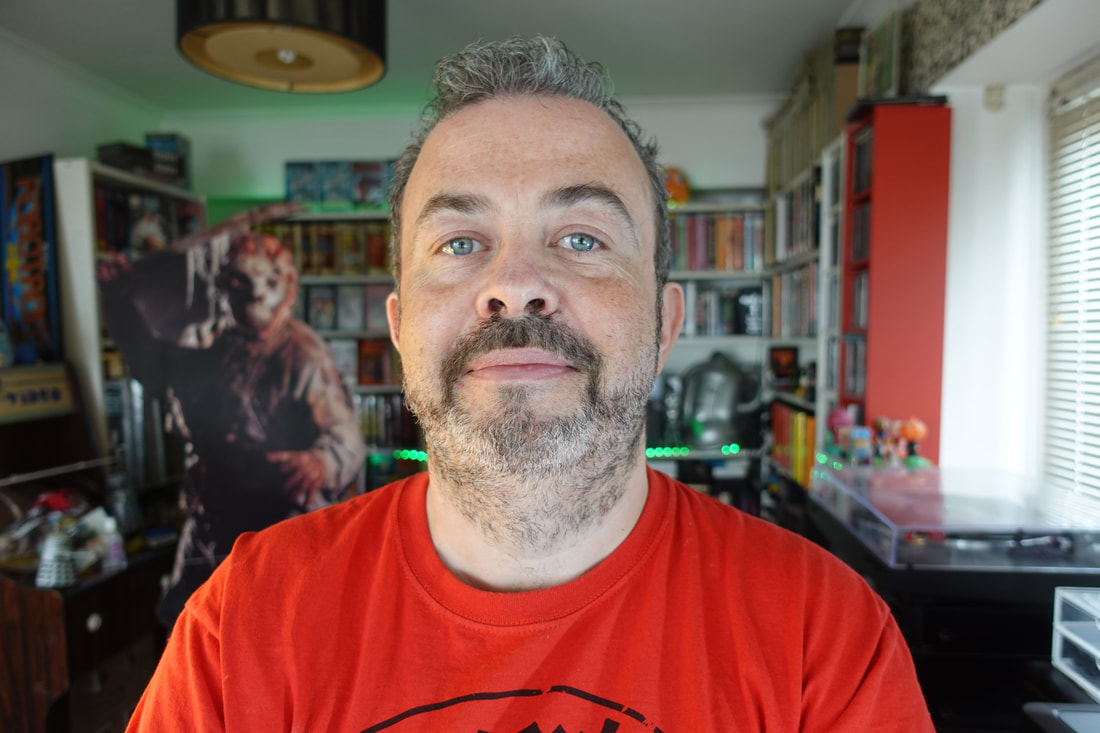

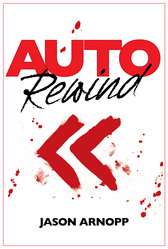
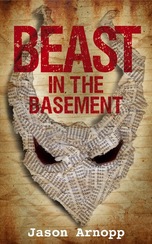
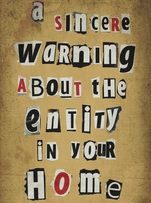
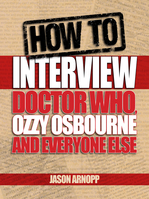
 RSS Feed
RSS Feed